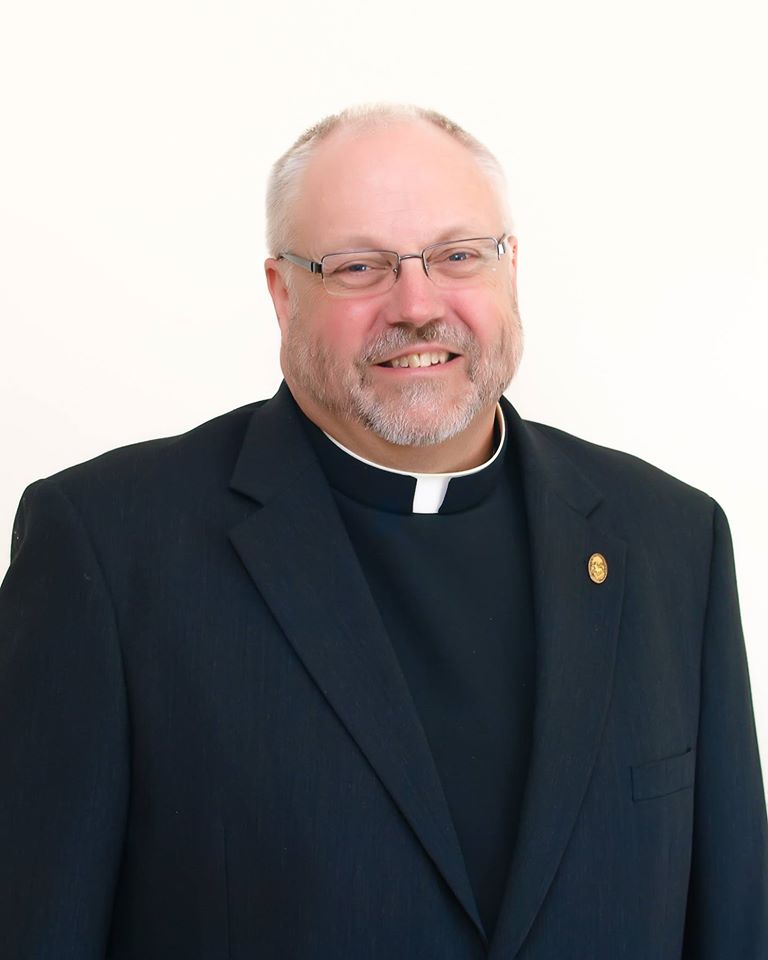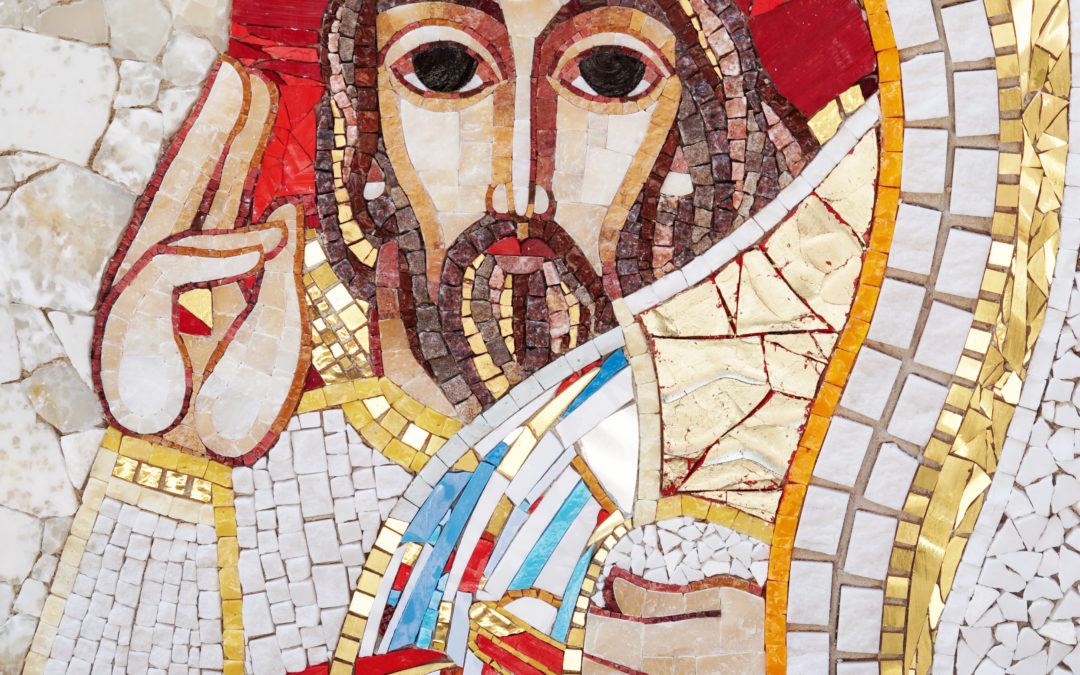By Fr. Bill Nordenbrock, C.PP.S.
The image of the Good Shepherd is popular and comforting. All of us can readily envision the picture of a kindly shepherd who is carrying the cute and cuddly lamb on his shoulders. Remembering and believing in a God who constantly watches over us and protects us is consoling, especially in times of suffering or grief, and Psalm 23 is a familiar salve for troubled spirits. The Good Shepherd is an image that is Good News for all.
While the Good Shepherd imagery is comforting, I believe that there is a danger that a profound mystery gets hidden behind mere pious sentiment. And the profound truth is that our times of distress and suffering can be times of deep grace. The comfort offered by the Good Shepherd is not to eliminate our distress or suffering, but to accompany us through our dark times. The familiar voice of the Good Shepherd can be trusted to lead us through darkness to light.
In today’s second reading (I Peter 2: 20b-25), we are told that the manner in which Jesus suffered is to be a pattern for us. We read that Christ suffered for us. Though his suffering was unjust, he did not protest with threats or return injustice for injustice. Rather he bore his suffering so that through his wounds, through his suffering, we would be free to live righteously and in freedom from sin. His willingness to endure suffering brought forth our greatest gift of grace. His suffering opened the gates of faithfulness so that we can live abundantly.
Only a God who knows suffering can be a comfort to those who suffer. Christ suffered in ways that reveals God’s willingness to truly care for us in any times of distress or suffering. In Christ, we have a God who sets aside being all-powerful, in favor of being all-loving.
A common cry heard in the darkness is: Why does God allow this (whatever the cause of distress) to happen? This is the voice of the stranger who seeks to steal our hope by taking us to a place of despair. We listen instead for the voice of the Good Shepherd with the promise of verdant pastures and rest, but it is not a voice that promises that our lives will be easy and without difficulties and disappointments.
We follow Jesus through the gateway to verdant pastures and rest when we are willing to suffer in the way that he suffered. Isn’t that the call that comes from the Good Shepherd? In times of darkness or distress, isn’t the Good Shepherd teaching us to be all-loving? In our experiences of grief, are we not being transformed into persons of compassion? When we are cut to the heart by the events around us and we cannot make sense of the signs of the times, can we echo the voice of the Good Shepherd and call out to those who struggle to trust in the providence of God?
![]()

Fr. William Nordenbrock, C.PP.S., is the former moderator general of the Missionaries of the Precious Blood.

